People often ask us the same burning question:
"If radiation from cell phones is such a serious threat, why don't tech giants like Apple include protective chips with every phone they sell?"
Excellent question.
And fortunately, the answer is straightforward... and a bit disturbing.
Let me start with an example from another industry to paint a clearer picture.
Suppose you're a multi-billion-dollar junk food company.
Deep down, you know that the ingredients in your products are hazardous to human health.
Study after study has linked excessive sugar consumption to obesity, diabetes, and a host of other chronic illnesses.
But do you care?
Of course not.
Your sole objective is to move more units...
And hook more customers with your sweet, addictive wares.
In fact, you've gone so far as to engineer your products with carefully calculated levels of salt, fat, and other flavor enhancers...
Everything to trigger cravings and keep people coming back for more.
Your customers' well-being is the furthest thing from your mind.
You're in the business of profits, not health.
Now replace "sugary snacks" with "cell phones that emit potentially dangerous levels of radiation."
And you've got the harsh reality behind companies like Apple, Samsung, and others.
Their singular focus?
Selling more phones, more often.
Here's something else to consider:
When it comes to keeping you and your loved ones safe, these tech giants all do the bare minimum required by regulatory bodies like the FCC.
Nothing more.
As long as their products meet those outdated standards, they can continue selling their devices.
As for those standards?
They're relics from a bygone era when cell phones were little more than glorified walkie-talkies.
In fact, those guidelines haven't been updated since 1996.
That's right.
The same year that gave us classics like "The Macarena" and "Independence Day" is still dictating the supposed "safe" levels of radiation!
Please, take a moment to think:
In 1996, the average cell phone couldn't even access the internet.
Let alone stream HD video or download apps and games.
Today's smartphones are like high-powered mini-computers.
And with that increased functionality comes a trade-off:
More radiation, more often.
Smartphones (and other devices) blast your body with waves of potentially EMF radiation.
But, unfortunately, as long as those outdated FCC standards are met, the big tech companies can keep selling those devices.
After all...
Why should they invest in costly safety measures like our Bodywell chips when there's no legal obligation to do so?
I decided more than two decades ago, when I was building the company, that my family and I wouldn't be another statistic.
This is what our customers decide daily.
And it's why they invest in our solutions.
So if you'd like to reduce radiation absorption by up to 80% for up to to 5 years...
And enjoy peace of mind 24/7 knowing that you and your little ones are protected from its potentially dangerous effects of radiation...
Here are 3 solutions all of our customers love:
-
Our 6-pack. It gives you 6 Bodywell chips to use on your devices... while leaving you with enough to share with your kids, grandkids, and loved ones. Plus, if you get it today, you can save up to $300 (getting 6 chips separately would cost you $599.94 vs the $299.94 of the pack)
-
Our 3-pack. You might not need 6 chips and that's OK. You can instead get 3 chips to attach to your kids' tablets and other devices... and you might have one left for you or another member of your family. Getting it today will save you $105, than if you bought 3 chips separately
- Our Biocard Pro. This is a great option if you already have one of our other solutions... and are looking for the next step to protect yourself or your loved ones from radiation. It easily slips into pockets, wallets, or bags. And it provides a safety net that guards you against EMF from the outside world.
Haim Einhorn
CEO, Bodywell USA

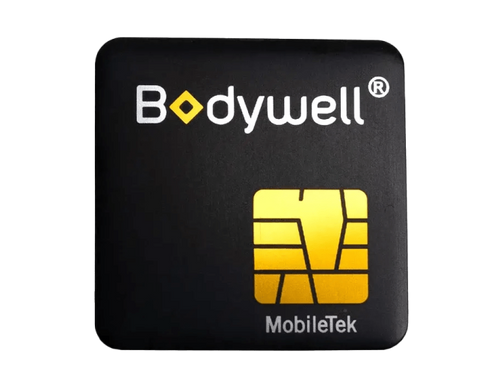
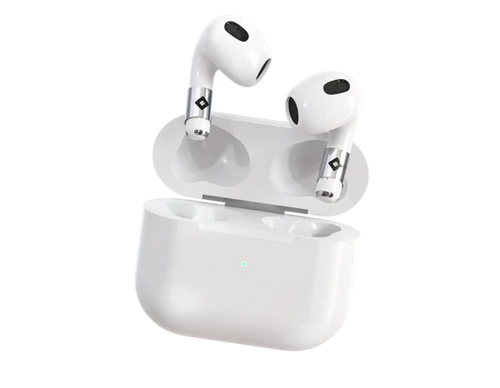
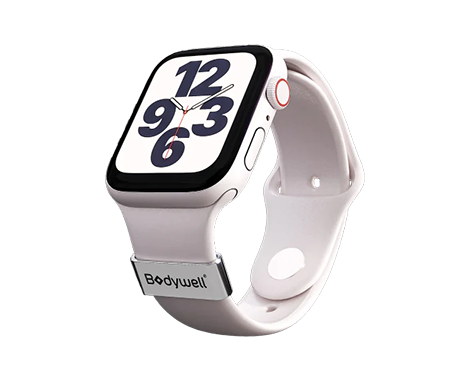
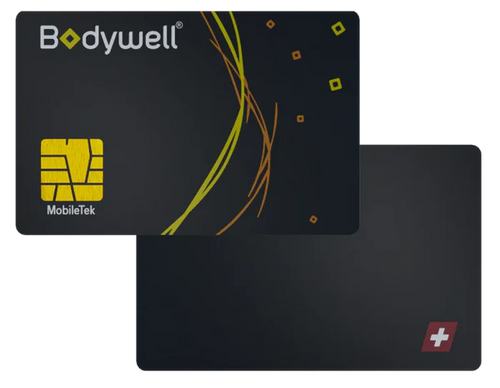






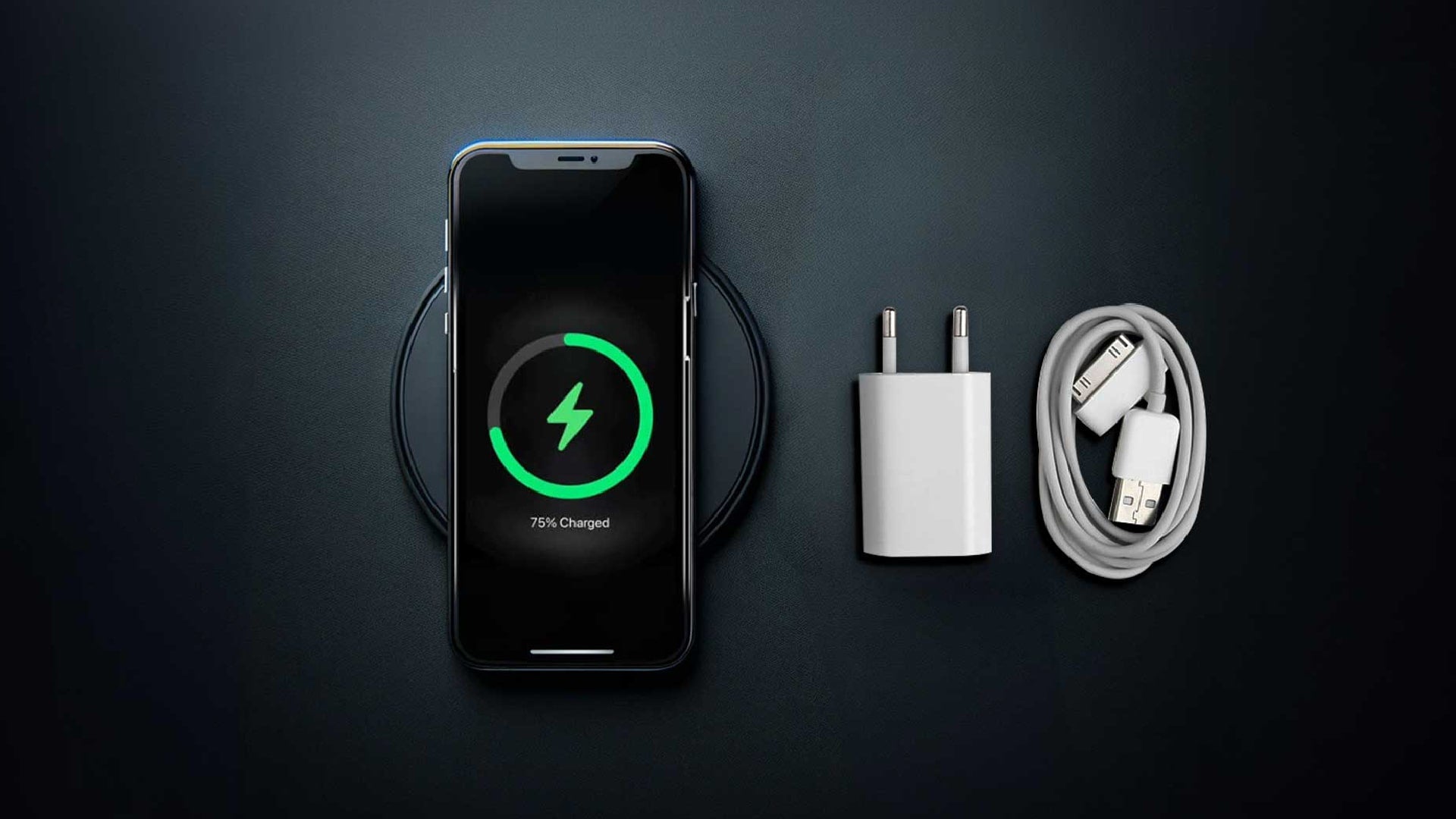
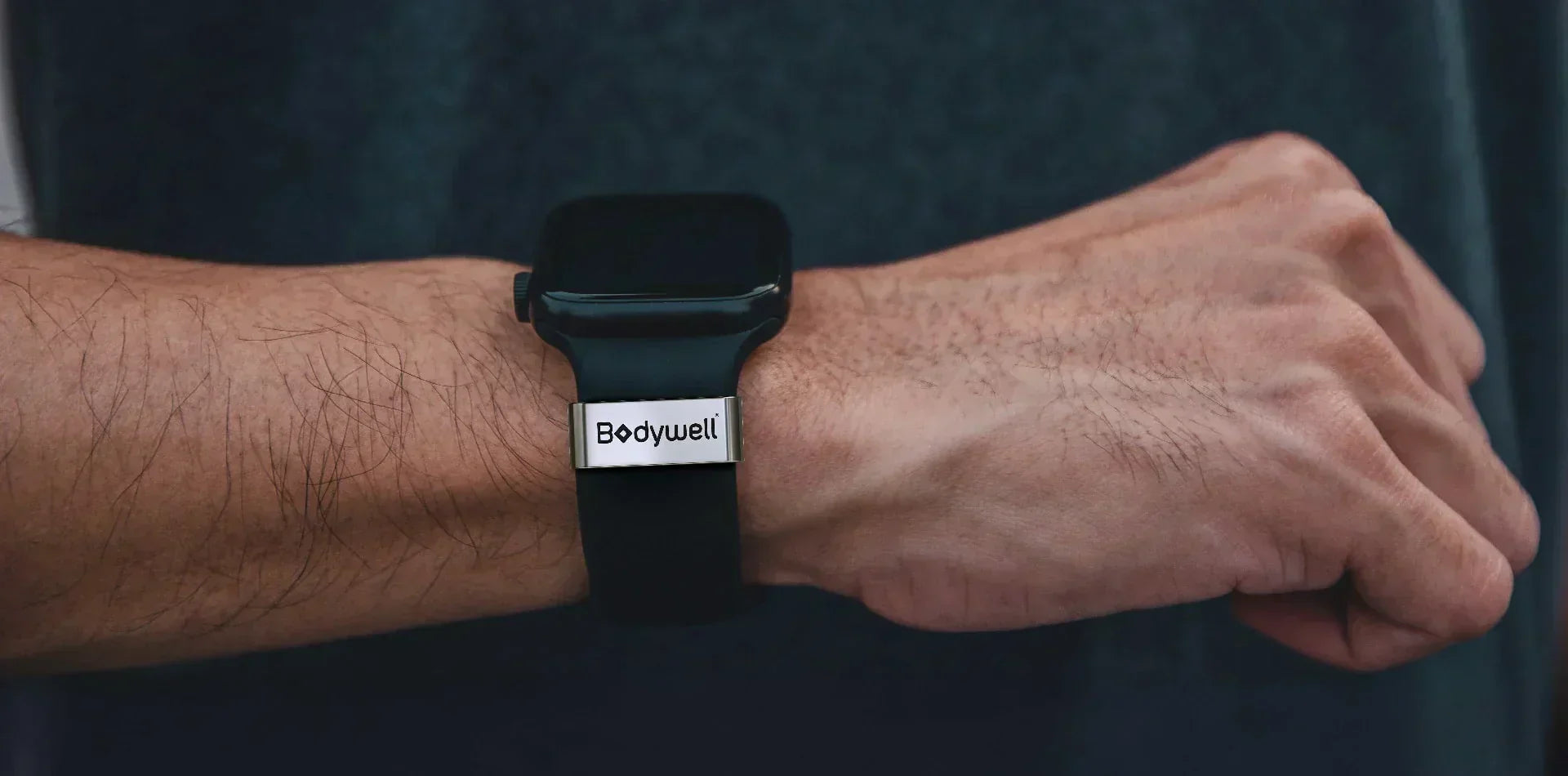
Leave a comment
This site is protected by hCaptcha and the hCaptcha Privacy Policy and Terms of Service apply.